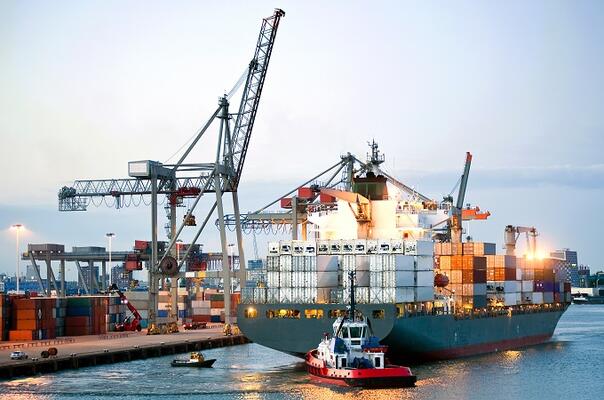
Towards a G20 strategy for promoting inclusive global value chains
Better policies, targeted capacity building and improved data and analysis could help developing country firms and small and medium-sized enterprises (SMEs) everywhere tap into and benefit from global value chains (GVCs), according to a new paper from the OECD, the World Bank Group, and the International Trade Centre (ITC).
Towards a G20 Strategy for Promoting Inclusive Global Value Chains, a joint paper by the three agencies, was presented to trade ministers from the Group of 20 leading economies at their July meeting in Shanghai, in preparation for the upcoming 4-5 September G-20 leaders’ summit in Hangzhou.
The paper points to policy reforms and technical assistance measures through which G20 governments could facilitate developing country and SME participation in multi-country production networks. It also proposes new initiatives to develop much-needed data and analytical capabilities in many countries, a prerequisite for making GVCs more inclusive.
The resulting regional and global value chains are typically led by large multinational enterprises (MNEs), generally from G20 countries. Developing-country firms and SMEs also participate in GVCs, but they must overcome disproportionate constraints both in the policy environment and in terms of firm-level capacity.
To tackle policy constraints, the paper identifies a number of priorities to reduce the costs of GVC participation for SMEs. G20 and other governments could ratify and implement the World Trade Organization Trade Facilitation Agreement, relax policies on rules of origin, eliminate all ‘nuisance’ tariffs that are below a to-be-defined low percentage, and raise the ‘de minimis’ levels below which goods shipments qualify for streamlined customs clearance. They could also work to improve the quality of hard and soft infrastructure and logistics services, expand access to trade information, and increase the ability of SMEs to comply with international and national standards.
The paper goes on to describe a wide array of potential capacity building initiatives that would strengthen developing-country and SME capacity to join GVCs. These include identifying factors that foster long-term links between MNEs and SMEs, empowering SMEs to take advantage of the digital economy, and creating financing instruments adapted to GVCs. Other such efforts could explore how best to design SME-friendly intellectual property systems, how to leverage spill-overs from foreign direct investment to increase SME productivity and boost innovative capacity, and how to strengthen collaboration and dialogue across countries to establish global platforms for information exchange, learning, and capacity support.
Increased efforts by international organizations such as the OECD, the World Bank Group, and ITC to enhance GVC-related data collection and analysis would bolster national and international initiatives to make GVCs more inclusive, the paper concludes.
Download Towards a G20 Strategy for Promoting Inclusive Global Value Chains.



